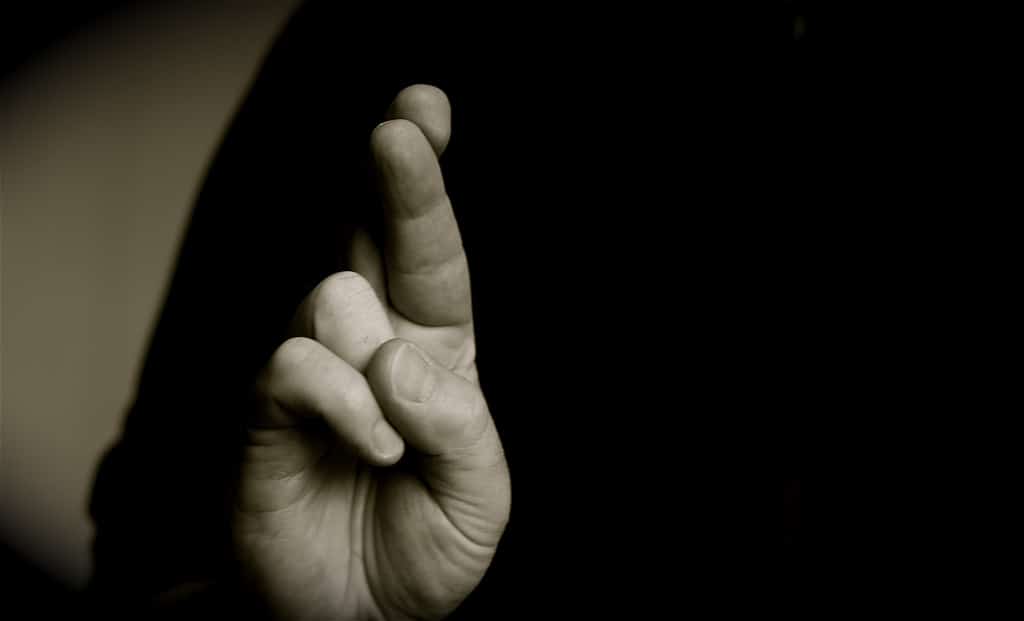Each year, Jesuits are given the opportunity to make an 8-day retreat, and not so long ago, I made my own. For me, it is an important time to be in God’s presence, to take stock of the last year, and to rekindle graces from previous retreats. Oh, and to read.
My retreat companion this year was Fyodor Dostoyevsky’s “The Brothers Karamazov.” (Don’t worry, this post doesn’t contain any spoilers–I’m still working on the book.) But there’s one passage that particularly struck me. It comes as Zosima, a monk and a prominent figure in the early pages of the novel, is speaking with a penitent woman who has come to him for spiritual counsel. A pillar of his advice to her, and others, is:
Above all, avoid lies, all lies, especially the lie to yourself. Keep watch on your own lie and examine it every hour, every minute….And avoid fear, though fear is simply the consequence of every lie.
One of the graces of being on a silent retreat is that you begin to notice things that happen all at the same time that are usually all too easily overlooked. We usually call them “coincidences,” but in the context of retreat they often turn out to be, quite simply, graces. Shortly after I read the passage above from Dostoyevsky’s novel, my iPod shuffled to “The Weight of Lies” by The Avett Brothers.
Both Zosima and The Avett Brothers point to similar conclusions about truth and lies, though they have different ways of articulating them. Both have a particularly keen sense of the spiritual cost of lies, and the burden we feel in keeping them. Being untruthful damages our relationships with self and others, and also with the One who called himself Truth. When we’re faced with lies–whether our own or someone else’s–it’s easy for us to ask “what are you so afraid of?” Perhaps the better question is not so much what we are afraid of as Whom.


